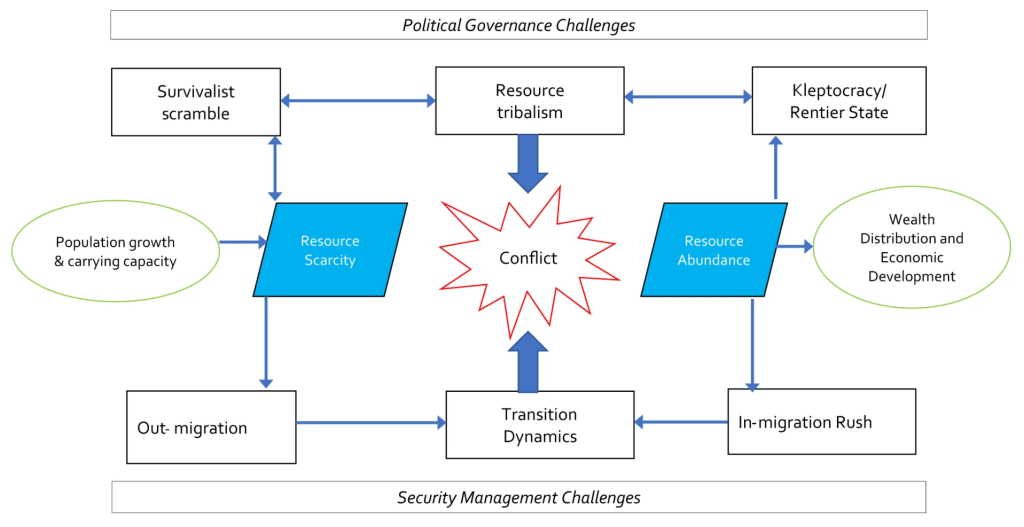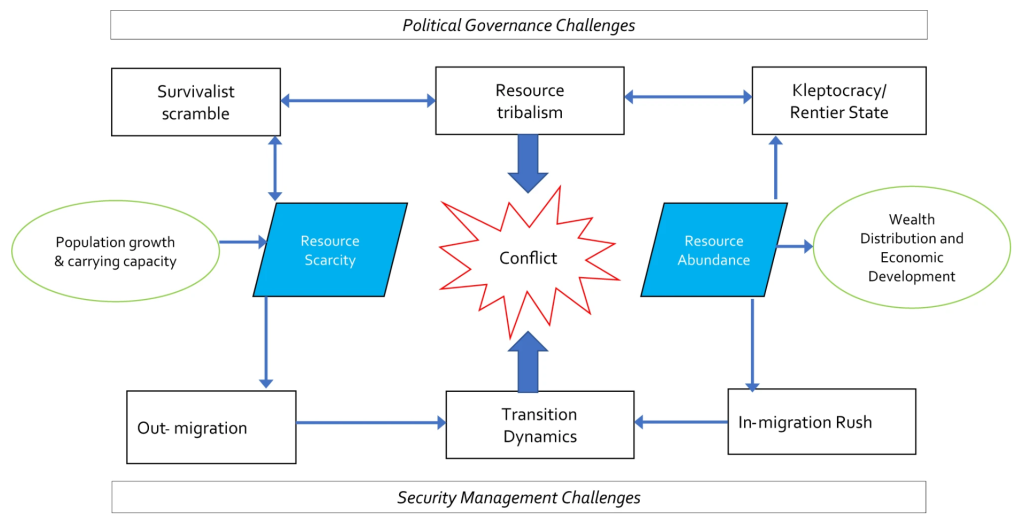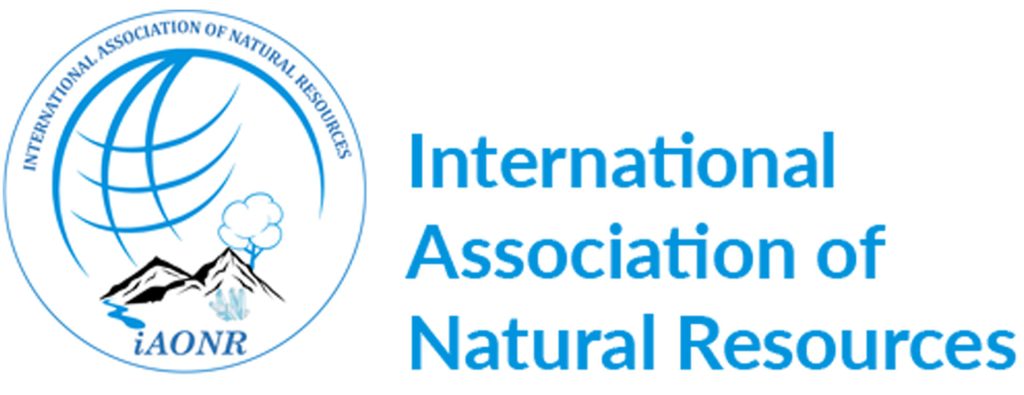Members Highlights:Co-authored by Saeleem H. Ali
- Article: Natural resources modulate the nexus between environmental shocks and human mobility

- Source Information
- Original Title:Natural resources modulate the nexus between environmental shocks and human mobility
- Authors: Michael Brottrager,Jesus Crespo Cuaresma, Dominic Kniveton & Saleem H. Ali
- Affiliations:Department of Economics, Johannes Kepler University, Linz, Austria
- Keywords: Natural Resource Degradation; Migration; Adaptation; Remittances; Drought; Remote Sensed Information; Population Density Data; Climatic Shocks
- Source Link: https://www.nature.com/articles/s41467-023-37074-y
- Editor’s Comments
Within the framework of natural resource degradation, migration may serve as an adaptive strategy for both migrants and those sustained by remittances. Conversely, migration can also stem from the inability to implement in-situ adaptation, compelling individuals to relocate—sometimes to circumstances characterized by equivalent or heightened exposure to environmental risks. In certain contexts, the detrimental effects of resource degradation have been hypothesized to constrain mobility capacity. This study employs remotely sensed data integrated with population density datasets across the African continent to quantitatively evaluate the prevalence of migration and immobility in the context of drought—a specific driver of resource degradation. The findings reveal that the impact of drought on mobility is exacerbated by the frequency of drought occurrences, while households with higher income levels exhibit greater resilience to climatic shocks and are less inclined to adopt mobility as an adaptive response.
- Original text summary
In the context of natural resource degradation, migration can act as means of adaptation both for those leaving and those supported by remittances. Migration can also result from an inability to adapt in-situ, with people forced to move, sometimes to situations of worse or of the same exposure to environmental threats. The deleterious impacts of resource degradation have been proposed in some situations to limit the ability to move. In this contribution, we use remote sensed information coupled with population density data for continental Africa to assess quantitatively the prevalence of migration and immobility in the context of one cause of resource degradation: drought. We find that the effect of drought on mobility is amplified with the frequency at which droughts are experienced and that higher income households appear more resilient to climatic shocks and are less likely to resort to mobility as an adaptation response.

Fig. 1. Conceptal framework of the interaction between resource scarcity/abundance and migration.

Fig. 2. Population growth at the grid-cell level in Africa, 2005–2015 (log differences over the full period).

Fig. 3. Non-monotonic effects of drought by severity (left) and income quantiles (right).

Fig. 4. Estimates of the effect of drought events on migration, by grid-cell.
- Original text information

ABSTRACT
In the context of natural resource degradation, migration can act as means of adaptation both for those leaving and those supported by remittances. Migration can also result from an inability to adapt in-situ, with people forced to move, sometimes to situations of worse or of the same exposure to environmental threats. The deleterious impacts of resource degradation have been proposed in some situations to limit the ability to move. In this contribution, we use remote sensed information coupled with population density data for continental Africa to assess quantitatively the prevalence of migration and immobility in the context of one cause of resource degradation: drought. We find that the effect of drought on mobility is amplified with the frequency at which droughts are experienced and that higher income households appear more resilient to climatic shocks and are less likely to resort to mobility as an adaptation response.
- This issue’s editor
Professor Jian’ge TAO, a professor and postgraduate supervisor at the School of Economics and Management, Zhongyuan University of Technology, focuses on the research of resource and environmental economics.
